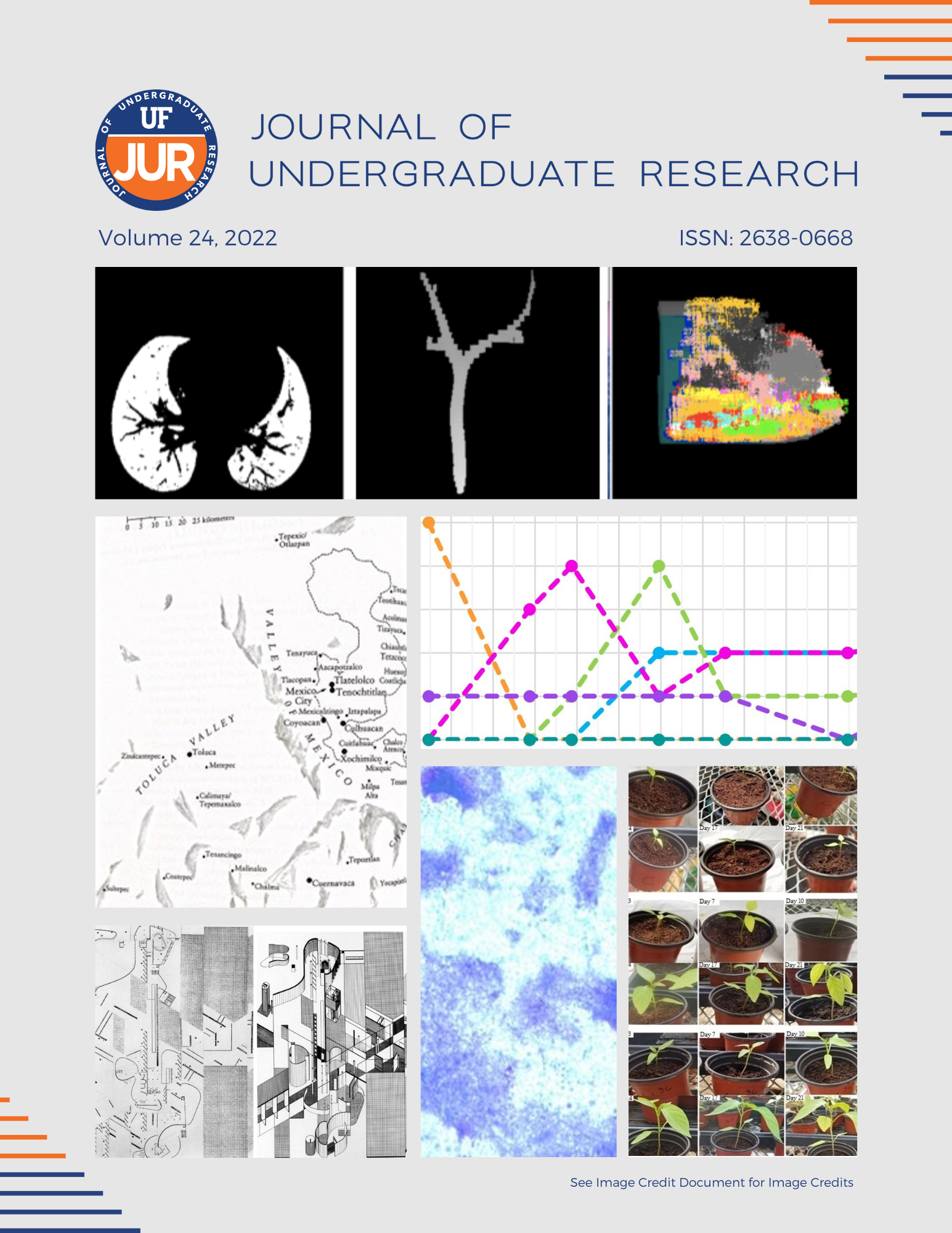Nazi Conspirator, Russian Patriot: Judging General Andrei Vlasov
DOI:
https://doi.org/10.32473/ufjur.24.130757Keywords:
World War II, USSR, Soviet Union, Stalin, Nazi Germany, Collaboration, Historiography, Cold WarAbstract
Lieutenant General A.A. Vlasov was an infamous, high-ranking Soviet defector during the Second World War. After his capture by German soldiers in 1942, Vlasov featured heavily in anti-Soviet German propaganda and organized anti-Soviet resistance in German-occupied territories. He was recaptured by Soviet forces in May 1945 and executed as a traitor in August 1946. Vlasov’s story challenged crucial Soviet narratives about the war and posed a threat to Soviet solidarity and stability in its aftermath. His case was rarely acknowledged among Soviet historians, only resurfacing after its collapse in a wave of nationalistic works that sympathized with Vlasov as a patriot and martyr of Stalinist repression. In the West, numerous political and practical factors since the 1950s have left scholars split on the truth of Vlasov’s intentions, beliefs, and historical impact. His story remains controversial in Russian academia; attempts to rehabilitate Vlasov have been suppressed by the Putin regime. This paper utilizes German and Soviet primary sources from recently declassified Russian state archives, as well as Western, Soviet, and Russian historiographic works from the 1950s to today. This paper demonstrates that Vlasov was intensely preoccupied with how he would be perceived by history; in this pursuit, he actively curated a vague, inconclusive record of his wartime experience. It also assesses why Vlasov’s case presents a unique challenge to historians and remains highly controversial in academic and political discourse under the Putin regime.
Metrics
Downloads
Published
Issue
Section
License
Copyright (c) 2022 Julia Shapiro

This work is licensed under a Creative Commons Attribution-NonCommercial 4.0 International License.
Some journals stipulate that submitted articles cannot be under consideration for publication or published in another journal. The student-author and mentor have the option of determining which journal the paper will be submitted to first. UF JUR accepts papers that have been published in other journals or might be published in the future. It is the responsibility of the student-author and mentor to determine whether another journal will accept a paper that has been published in UF JUR.

